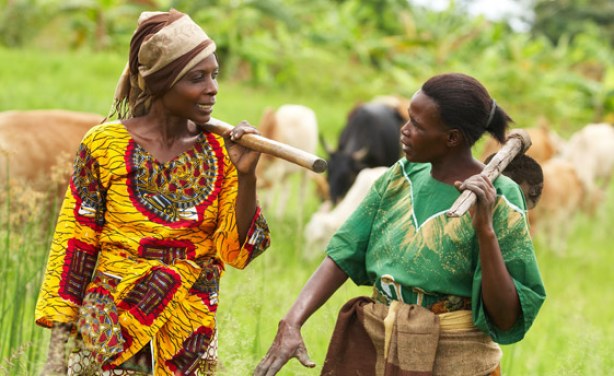
The Women's Leadership and Economic Rights (WLER) project in Tanzania is dedicated to advancing the meaningful participation, leadership, and economic rights of women and girls at the local level. This initiative aligns with the Tanzanian government's ongoing commitments, particularly those made under the Generation Equality framework.
The project employs a multi-faceted approach, focusing on several key areas. It aims to foster gender-responsive norms, behaviors, and practices within communities. Furthermore, it seeks to bolster the capabilities of women leaders and improve the collection and utilisation of data that is responsive to both sex and disability. A significant component of the WLER project involves strengthening women's economic rights, which includes piloting innovative, gender and disability-transformative measures such as the provision of care services. In adherence to the "Leave No One Behind" (LNOB) principles, the WLER project places a strong emphasis on empowering women with disabilities to assume leadership roles and realise their economic rights. This specific focus is driven by the recognition that women with disabilities encounter amplified challenges, including systemic barriers that impede their leadership and economic engagement.
This evaluation will also contribute to the development of the second phase of the Women's Leadership and Empowerment in Rwanda (WLER) project and the new UN Women Strategic Note for 2028-2032. The evaluation is being conducted early to ensure its recommendations can inform the design of the anticipated second phase of the WLER project, which is scheduled to commence in the first quarter of 2026.

